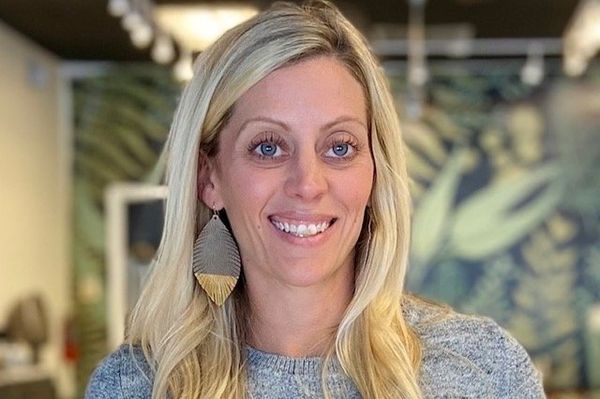Q:
During my upcoming amniocentesis I would like to have amniotic fluid collected for banking. What can I expect? Will this affect my procedure or have any bearing on my test results?
A:
Rest assured, collecting amniotic fluid for banking during prenatal tests such as genetic amniocentesis and fetal lung amniocentesis will not change the amniocentesis procedure and will not have any impact on the tests results.
Collecting Your Amniotic Fluid
Genetic amniocentesis is a prenatal test that removes a small amount of amniotic fluid from the sac around your baby to test for birth defects and chromosome problems. To remove the fluid for testing, your health care professional will insert a thin needle through your belly and uterus, using ultrasound imaging as a guide.
During amniocentesis procedures, more fluid than necessary for testing is typically withdrawn so, if you have decided to bank, the excess fluid would be preserved. In other words, rather than discarding any fluid not used for testing, it will be preserved for possible future use.
Amniocentesis can also be performed during the third trimester of pregnancy, typically, to check whether the baby's lungs are mature enough for birth. Amniotic fluid can be collected for banking during this procedure as well.
Storing Your Amniotic Fluid
Once you have identified and enrolled with a registered tissue bank, you will receive details from them as to how to submit your sample. The process is typically simple.
For example, Biocell Center, the nation's first and leading amniotic fluid bank, provides a sample collection kit that you would bring with you to your amniocentesis. This kit includes detailed instructions for the health care professional performing the procedure on how to package your fluid sample for shipping and when (within 24 hours of collection) and where to send it (a pre-addressed and prepaid FedEx envelope is provided in each kit). In many cases, your doctor's office will have the kits on hand and will be trained to collect the sample. If not, you should contact the tissue bank several days before your procedure so that you receive your kit prior to your appointment.
Upon receipt by the laboratory, your amniotic fluid is processed and placed in its cryobank for freezing. Once that process is complete, you receive a certificate verifying that the sample has been successfully preserved.







